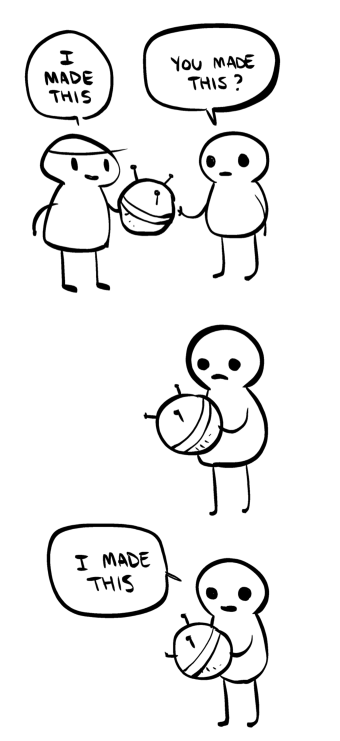Switching to Ghost

I've used WordPress for years in various forms and fashions. We're talking at least 15 years, and this personal site has long been running a AWS Lightsail-backed WordPress installation. It really hasn't done much - really just hosting a resume - but it's been adequate. Nothing particularly exciting for the bots and maybe ten people who have dropped by this site.
But as a professional software developer, the Great WordPress Fracas of 2024 caught my eye.
In the beginning it seemed pretty meh. Austin-based WPEngine, a leading WordPress host, was being asked to chip in financially to the open-source WordPress project, delivered as a complaint to a tech conference. Most of these situations are diffused internally before they ever see the light of day, with one side backing down or a minor compromise is reached.
This one, however, didn't.
Matt Mullenweg, one of the co-authors of the WordPress software, decided to declare virtual war on WPEngine. Even when a virtual war is declared, it's usually between two behemoths and in the end, the only winner is one team's legal department.
This one, however, escalated.
There are a whole lot of pretty important things to sort through, and the key points are even complex:
- Mullenweg defacto controls the non-profit WordPress Foundation organization through its board. The WordPress Foundation oversees the WordPress software project.
- Mullenweg is also the CEO of the for-profit company Automattic, which is primarily a WordPress webhost and runs WordPress.com.
- Automattic cuts off competitor WPEngine from the community plugin directory by preventing them from logging in to the community site.

- The WordPress Foundation declares a popular WPEngine plugin posted to the community plugin directory to be insecure (because WPEngine can't login to deploy the fix), so they replace it with a fork of their own on a Saturday morning.
All that is pretty ugly, of course, and there is no doubt a mountain of legalese to sift through there. At least, from a legal perspective.
From a court of public opinion, however, Automattic and WordPress have ruined their reputation for breaking one of the unspoken rules of modern software: you do not take code and pass it off as your own. And you certainly don't lock a competitor out of an open-source market, declare something they have put on there in good faith to be insecure, fork their code, and in-place put your own version of their software back onto that market.
Taking one company's customers and making them yours overnight is something you do through an acquisition, not by abusing your position as stewards of an open-source community.

WordPress wouldn't be on my radar as a solution in my professional responsibilities to begin, with but I can tell you this: this is behavior that would make me absolutely sprint away from WordPress as a software solution. In addition to it being unethical, the far bigger problem is that these decisions indicate the software is completely unpredictable.
We saw this with Java when Oracle basically ended commercial usage of their standard distribution in 2019. The Java community, however, is significantly bigger than WordPress, so third-party distributions sprung up and made it a non-issue. Some of these issues were avoided because of foundations laid years ago by Sun Microsystems developers to ensure Java would never be centralized, even if it was primarily overseen by a big corporation.
WordPress, despite powering a significant amount of the internet, does not appear to have the same support system. Perhaps we never thought it would be an issue, perhaps there's just no financial incentive to spread the roots away from Automattic.
It is extremely jarring for a company that profits off an open-source software stack can just be shut out of an ecosystem because their competitor also wants to make money off that stack, but also controls key gates of that open-source ecosystem.
Ghost, for me, at least, does the key stuff just as well. I can easily update my resume, run a blog, and tweak a simple design all from a control interface that doesn't need me to SSH everywhere. I don't need plugins to do basic functionality that a modern website needs.
But more importantly, the Ghost project appears to be significantly more transparent than WordPress ever was, but with the same ideals that WordPress had way back in its heyday: everyone should be able to communicate with the world on their own terms, with their own style, with minimum fuss. In that way, it's kind of like Bluesky getting back to basics against the stalwart Twitter.
I don't know how long it will last. I'm sure Mullenweg and the brass over at WordPress thought they were going to be those guys, who could be ethical forever. For now, though, I'll be trying out Ghost.
